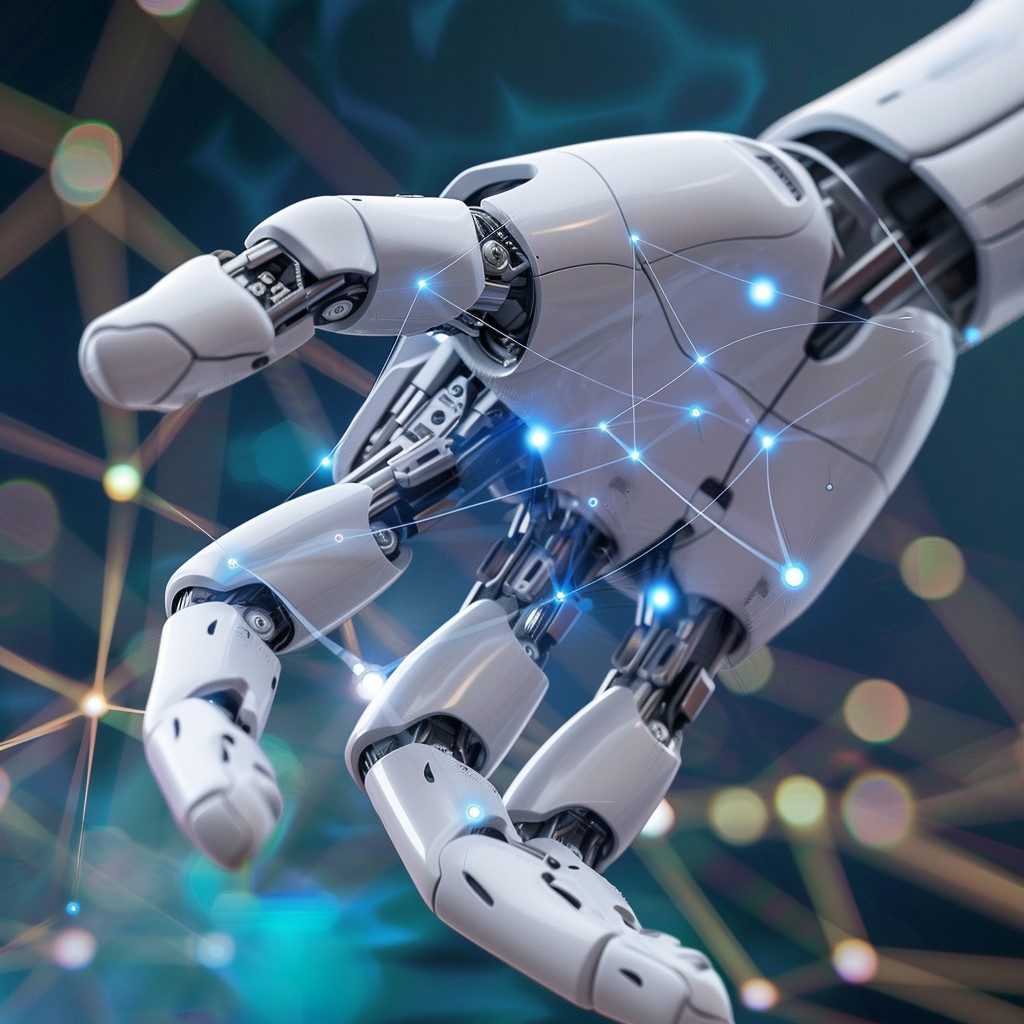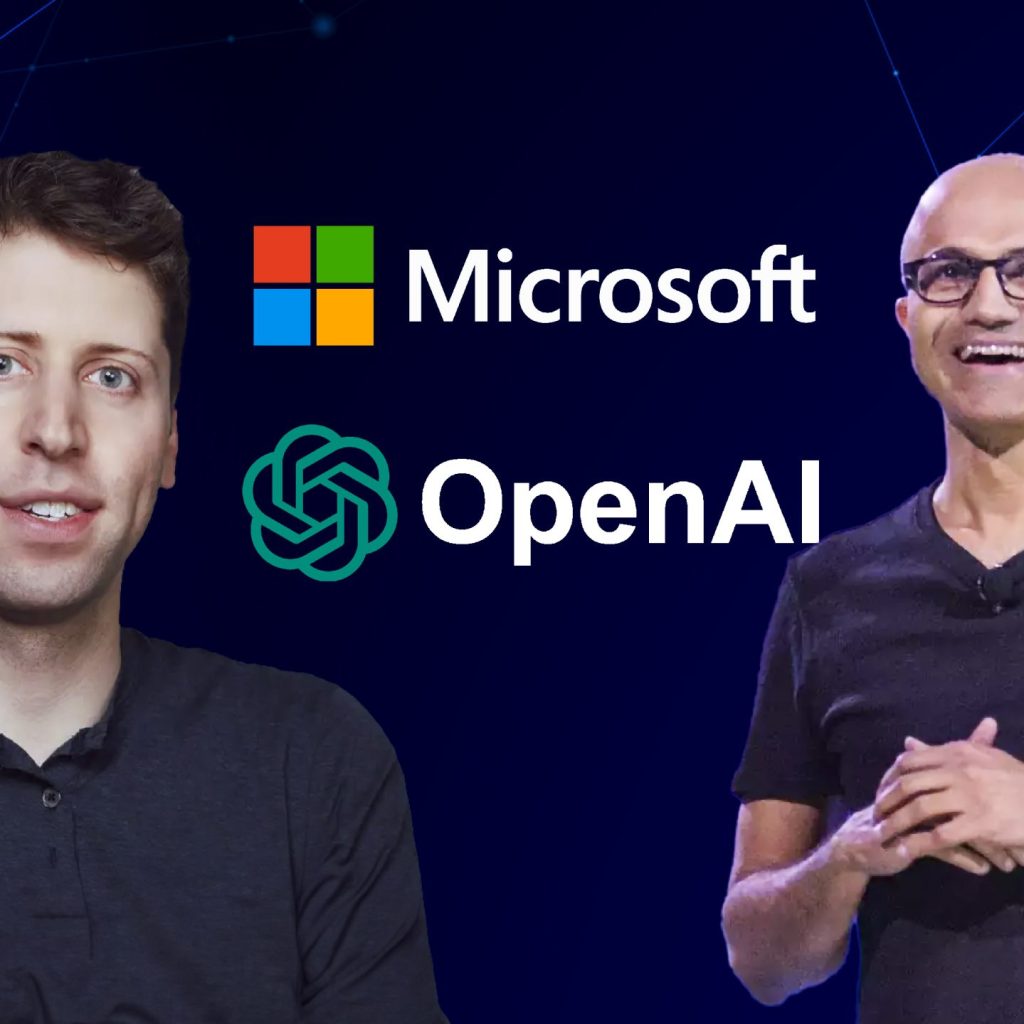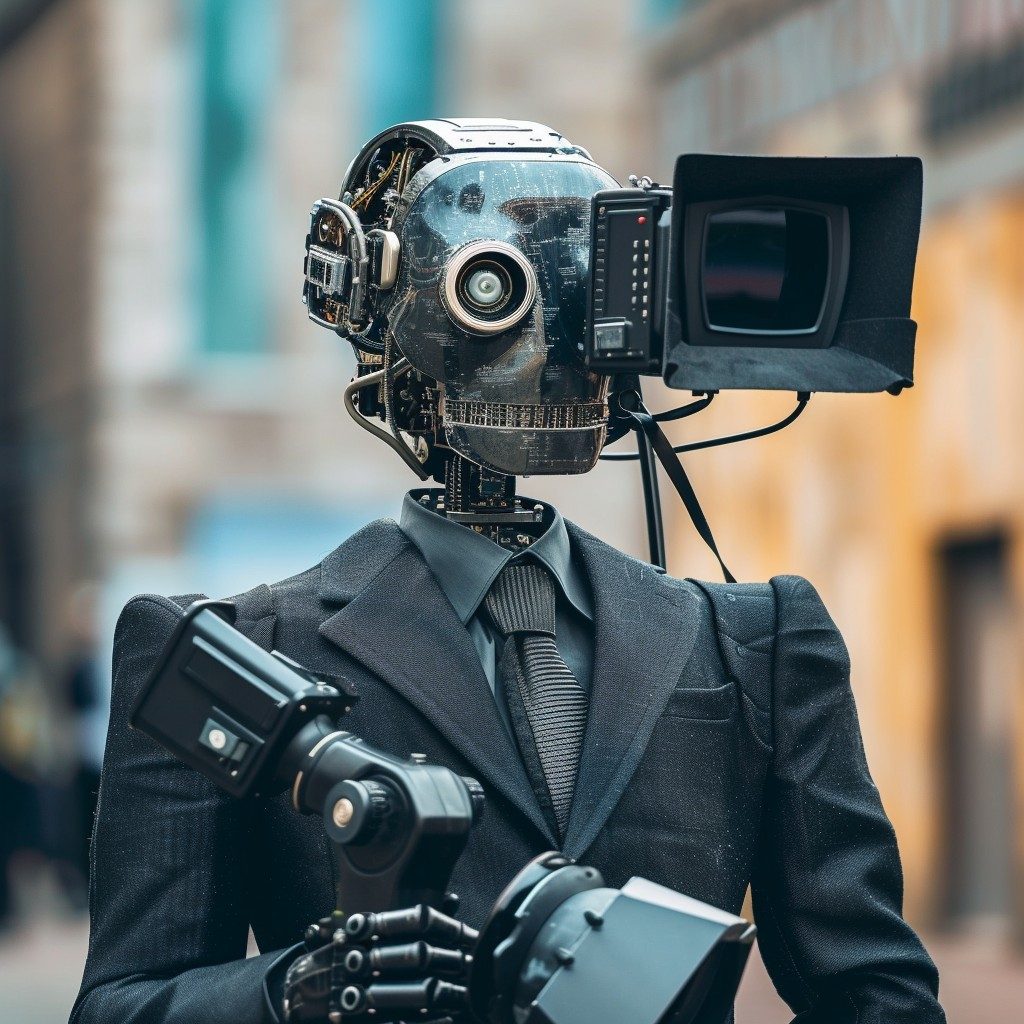In a significant development at the nexus of technology and music, Google and Universal Music Group are reportedly engaged in discussions to obtain licenses for artists’ vocal recordings and musical melodies to create AI-generated songs. This step into the world of “deepfake music”, where AI replicates artists’ voices and generates compositions, marks a compelling yet controversial collaboration.
Potential expansion and negotiations
Reports indicate that both Google and Universal Music Group are actively negotiating this potential partnership. Notably, Warner Music Group is also said to be in talks with Google about a similar initiative, suggesting a broader trend within the music industry to explore the realm of AI-generated music.
Early stages and implications
While these discussions are in their preliminary stages, the implications of such a collaboration are intriguing. It represents an opportunity for major music labels to capitalize on the rising trend of “deepfake” songs created using generative AI technology. These AI-generated compositions often mimic artists’ voices and musical styles, sometimes without proper consent.
Complex questions of consent and authenticity
The emergence of AI-generated music has raised complex questions about consent and authenticity. Universal Music Group responded to an AI-generated track replicating Drake’s vocals by addressing the use of generative AI with its artists’ music. The label questioned whether stakeholders in the music ecosystem would stand on the side of human creativity or on the side of potential misuse and infringement through deepfake technology.
Defining moment for Universal Music Group
If the partnership between Google and Universal Music Group comes to fruition, it would represent a defining juncture for the label. Universal Music would need to navigate the ethical landscape surrounding AI-generated music and choose its stance in this era of deepfakes.
Streaming platforms like Spotify, SoundCloud, and YouTube have demonstrated responsiveness to these concerns. Following Universal Music Group’s statement, they took action by removing the viral AI-generated track. This incident highlights the balance these platforms must strike between protecting artists’ interests and engaging with new technologies.
Warner Music Group’s stance on AI integration*
Warner Music Group’s CEO, Robert Kyncl, has been vocal about embracing AI in the music industry. Kyncl emphasized the need for a symbiotic relationship between innovation, fan engagement, and monetization. While Warner Music is eager to explore AI’s potential, it remains committed to safeguarding human creators from the perceived threat posed by AI-generated music.
Artists’ mixed reactions
Artists have demonstrated a range of reactions to the use of their voices in AI-generated compositions. While some view this technology with apprehension, others, such as Grimes, have embraced it. Grimes has allowed her vocals to be used in AI-generated songs and even established revenue-sharing arrangements with TuneCore, encouraging the creative integration of her voice into new musical endeavors.
Google’s competition and AI Ventures
For Google, entering the domain of AI-generated music could fortify its competitive edge against rivals like Microsoft. Microsoft’s investment in OpenAI and integration of AI models into its products, including a text-based AI “rap generator,” has prompted Google’s development of its own AI offerings, such as the chatbot Bard.
The ongoing discussions between Google, Universal Music Group, and potentially Warner Music Group underscore the transformative landscape that AI-generated music presents. As the music industry grapples with the ethical implications and creative opportunities, it must strike a balance between technological innovation and preserving the authenticity and livelihoods of human artists. The outcome of these negotiations could set a precedent for the music industry’s approach to AI-generated content in the years to come.





